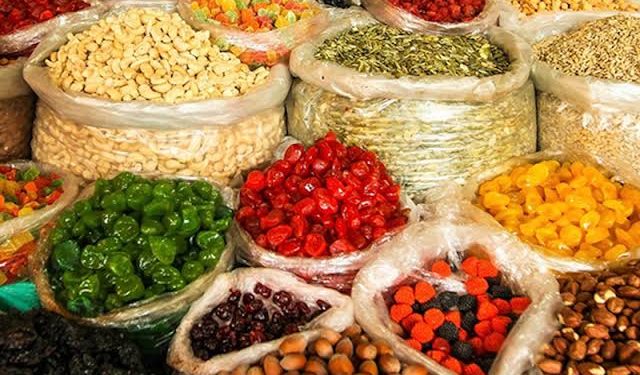In what is being hailed as a major policy breakthrough, President Bola Tinubu has successfully disrupted the grip of food hoarders and profiteers, triggering a drop in rice prices and a revival in local milling operations. The outcome is a sign that the administration’s controversial economic reforms are beginning to yield tangible benefits for Nigerian consumers.
At the heart of the policy success is the government’s refusal to reverse course on key decisions such as the removal of fuel subsidies and the unification of foreign exchange rates. Despite pressure from various quarters, including those who warned of inflation and unrest, the presidency maintained its stance—betting on long-term recovery rather than short-term appeasement.
“They hoarded food, expecting us to reverse course, but we stood firm. Now the hoarded grains are back in the market. We’ve won,” President Tinubu said, expressing rare public satisfaction over the policy outcome.
Rather than respond with force or public confrontation, the Tinubu administration opted for a quiet, calculated strategy—one that relied on market forces, timing, and confidence in structural reform. By refusing to back down, the government appears to have undercut the incentives for hoarding, forcing large stockpiles of food—especially rice—back into circulation.
As market shelves refill and prices begin to ease, the effects are becoming more visible. Reports from major grain markets show that previously inflated prices are gradually declining, and domestic rice mills, once squeezed by cost pressures and supply manipulation, are recording a bounce in production levels.
Critics of the administration, many of whom are aligned with older political and economic networks, continue to dismiss the improvements as superficial. However, the government argues that the facts on the ground speak for themselves—pointing to increased market activity, lower consumer prices, and the weakened position of profiteering cartels as evidence of success.
For the Tinubu presidency, this moment marks more than just a market correction. It is a signal that governance based on political resolve rather than populist compromise can break through long-standing economic dysfunction. The administration views it as a turning point in its broader economic agenda, which seeks to reposition Nigeria through painful but necessary reforms.
The government now hopes to build on the momentum, with renewed efforts aimed at strengthening food supply chains, supporting local production, and ensuring that similar tactics by cartels in other sectors are met with the same level of policy discipline.
As Nigerians continue to grapple with the cost-of-living challenges that followed the subsidy and FX reforms, the recent developments offer cautious optimism. What once looked like economic sabotage has met a strategy grounded in political will—and for now, it appears that strategy is holding.










